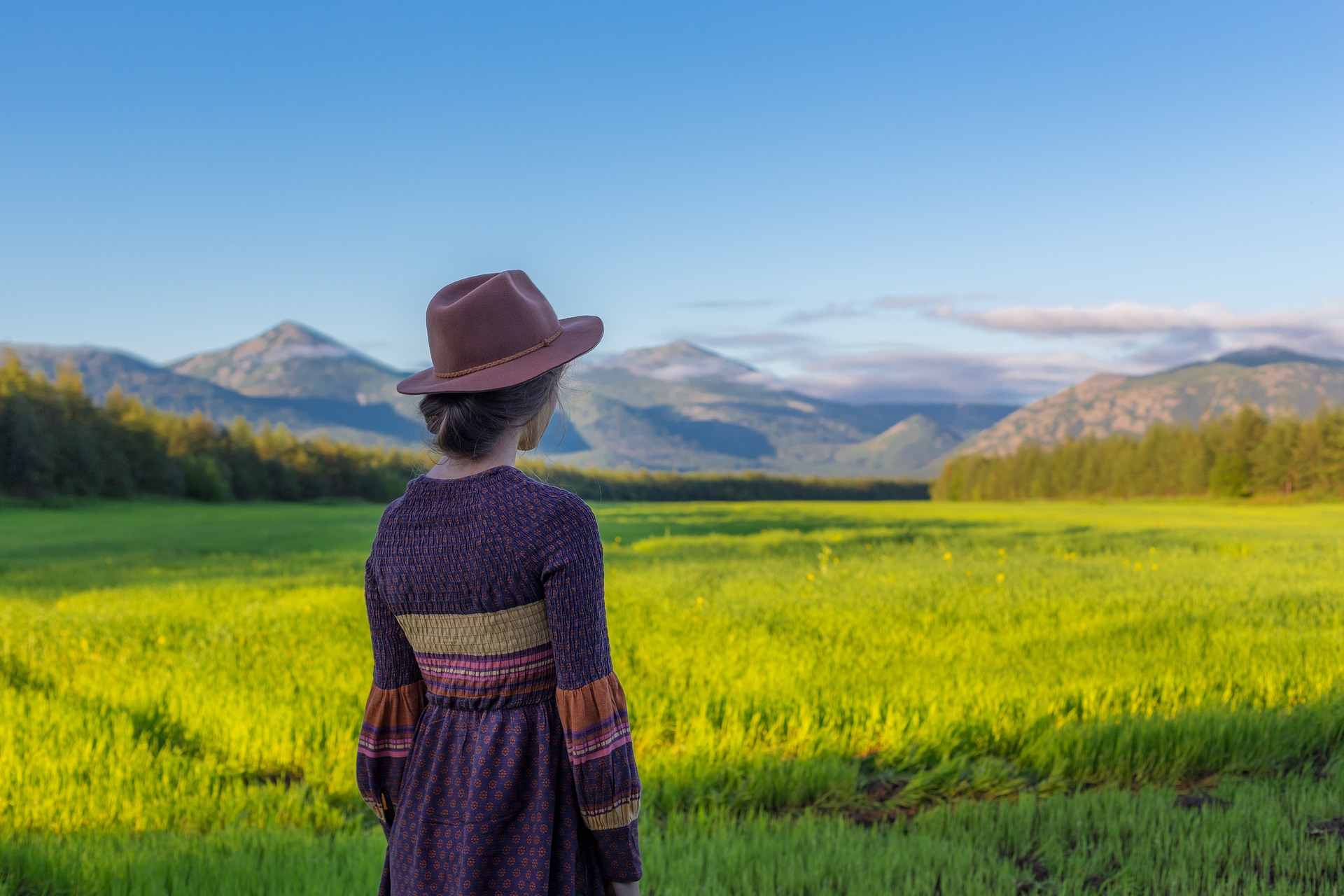Small Farmers in Brazil’s Amazon Region Seek Sustainability
Author: Mario Osava | Published: September 19, 2017
The deforestation caused by the expansion of livestock farming and soy monoculture appears unstoppable in the Amazon rainforest in the west-central Brazilian state of Mato Grosso. But small-scale farmers are trying to reverse that trend.
Alison Oliveira is a product of the invasion by a wave of farmers from the south, lured by vast, cheap land in the Amazon region when the 1964-1985 military dictatorship aggressively promoted the occupation of the rainforest.
“I was born here in 1984, but my grandfather came from Paraná (a southern state) and bought about 16 hectares here, which are currently divided between three families: my father’s, my brother’s and mine,” Oliveira told IPS while milking his cows in a barn that is small but mechanised.
“Milk is our main source of income; today we have 14 cows, 10 of which are giving milk,” he explained. “I also make cheese the way my grandfather taught me, and I sell it to hotels and restaurants, for twice the price of the milk.”
But what distinguishes his farm, 17 km from Alta Floresta, a city of about 50,000 people in northern Mato Grosso, is its mode of production, which involves an agroforestry system that combines crops and trees, irrigated pastureland, an organic garden and free-range egg-laying chickens.
Because of its sustainable agriculture system, the farm is used as a model in an Inter-American Development Bank(IDB) programme, and is visited by students and other interested people.
“We want more: a biodigester, solar power and rural tourism, when we have the money to make the investments,” said Oliveira’s wife, 34-year-old Marcely Federicci da Silva.
The couple discovered their vocation for sustainable farming after living for 10 years in Sinop, which with its 135,000 people is the most populated city in northern Mato Grosso, and which owes its prosperity to soy crops for export.
“Raising two small children in the city is harder,” she said, also attributing their return to the countryside to Olhos de Agua, a project promoted by the municipal government of Alta Floresta to reforest and restore the headwaters of rivers on small rural properties.

